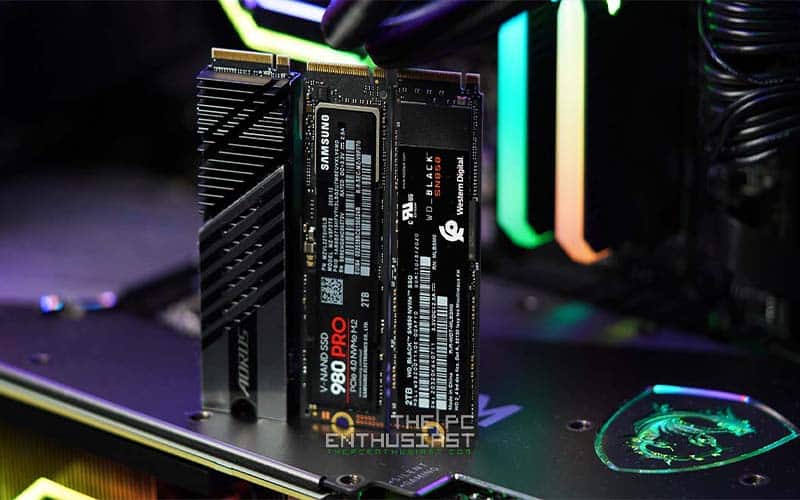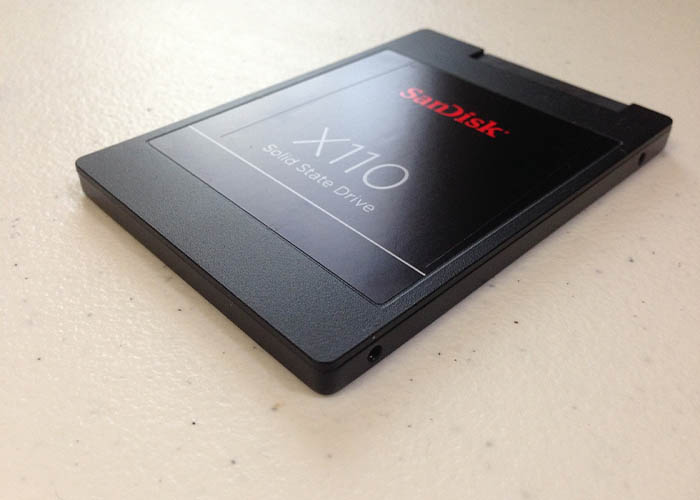Even in relatively low-cost models, Solid State Drives (SSD) are currently the predominant storage components in modern PCs. And NVMe is one of the most renowned SSD manufacturing companies. It has some excellent features that keep it over the conventional Hard Disk Drives.
NVMe SSDs offer quality storage management services. But it is not evident that NVMe will never cause to loss of data. NVMe can also fail to process data that may occur data loss.
But the important thing is that NVMe supports data recovery. In this article, we will discuss the NVMe recovery.
Let’s jump into the discussion.
NVMe Recovery
One of the best SSD manufacturing companies, NVMe, offers its users a good data recovery service. Though NVMe Flash Storage and Data Recovery is a challenging job, it is quite possible with the proper utilization of knowledge and experiences.
The Causes of SSD Failure and the Ways of Dealing with them
SSDs are very reliable when compared to conventional drives, yet no data storage is faultless. Even the most recent NVMe SSDs can fail suddenly or over time.
NVMe’s failure can be attributed to numerous factors. You must be aware of two things in order to accurately assess the cause: irreversible loss of data and trouble-free repair.
SSD can’t send any audible signal about something going wrong like the HDDs, but it provides you a better data recovery rate than HDDs.
So, data is comparatively safe in SSDs. Some common reasons for NVMe failure and the ways of dealing with them are mentioned below:
Overheating
There is no data storage system that can tolerate an excessive number of overheating issues. It hampers the work process as well as the efficiency of the data storage system. Continuous overheating can even cause data failure.
While performing actions, SSDs produce heat more than other data storage systems. So, there is a risk that SSDs can be failed due to overheating.
But ensuring a better cooling system and a good temperature in the surrounding may not cause overheating. Thus, you can keep your SSD safe from failure issue.
Failure of Firmware
Firmware issues may occasionally occur and might result in the complete loss of all data. So, users should be aware of this problem with SSDs. Because SSD firmware is so complicated, many SSD failures are actually corner cases.
But it is fortunate that when any firmware problem happens, the SSDs can automatically move into the safe mode of operation. Thus, it can make it safe on its own which prevents any kind of data loss.
Misuse of the SSDs
There is a correct way to use every data storage system. Any misuse of them can result in data failure. SSDs can malfunction if abuse puts them over their endurance limit.
Therefore, maintain correct usage and follow the instructions provided with the SSDs in order to prevent SSD failure.
The problem of Lurking
The lurking problem refers to not being able to find out any small problem that occurs with the SSD. SSD issues frequently go unnoticed until they start to cause significant issues. The sooner you recognize an issue, the quicker you may act to address it and lessen its effects.
So, what can prevent the lurking problem? Keep checking your SSDs regularly. Try to notice the small changes even in performance. Thus, you may be able to prevent the bad effects of the lurking problem.
All these reasons behind data failure can be solved if they are addressed properly. So, be aware while using SSDs. It may not cause you any data loss.
How to recover data from NVMe devices
Once you face the data failure problem, you must contact data retrieval specialists who have the data recovery skills specifically for NVMe data storage.
Due to its unique characteristics and TRIM mechanism, Solid State Drive (SSD) recovery is a challenging operation. Hence, TRIM technology will make sure that a file is completely wiped from the SSD once it is destroyed.
You’ll need to deal with an NVMe SSD recovery provider, especially an SSD NVMe m.2 data recovery provider that can use TRIM technology to retrieve erased contents when you’ve lost files due to corruption, failure, or perhaps another reason.
Thus you can get the NVMe Flash Storage and Data Recovery if you ever face the problem of data failure.
NVMe Recovery in Bangladesh
Finding a reliable data recovery provider in Bangladesh might be quite difficult. NVMe is also a challenging data storage system. Therefore, NVMe data recovery requires knowledgeable data recovery specialists to assist with the recovery process.
You should be grateful that Bangladesh has a top-notch data recovery lab. The top NVMe data recovery service provider in Bangladesh is likely Data Recovery Station. The best data recovery services are offered by them.
For the past 15 years, they have been devotedly offering this service. A high success rate for data recovery has been achieved by them. Therefore, it represents their skill and knowledge in the area of NVMe data recovery.
They use the latest hardware and software tools based on modern technology to accomplish the data recovery procedure, which results in superior performance. The Data Recovery Station guarantees a significant number of grateful clients who routinely refer others to use the services of the Data Recovery Station.
Not least among other things, the Data Recovery Station has an ISO certification. Your confidence in them as a wise decision might be helpful. Visit the Data Recovery Station website to learn more about the quality of the services they offer.
Verdict
In this modern world, the amount of data failure problems are rising as much as the amount of data storage systems being used. Among many kinds of data storage systems, Solid State Drive (SSD) is the most prominent nowadays.
And NVMe is one of the most popular SSD manufacturing brands. NVMe offers data recovery support after any kind of data failure happens.
The data recovery solutions for all the possible reasons for NVMe data failure have been discussed here. You may come to know about the necessary steps to be taken to keep your NVMe safe and make it last for a long period of time.
Hopefully, this article helps you to know more about NVMe Recovery.





